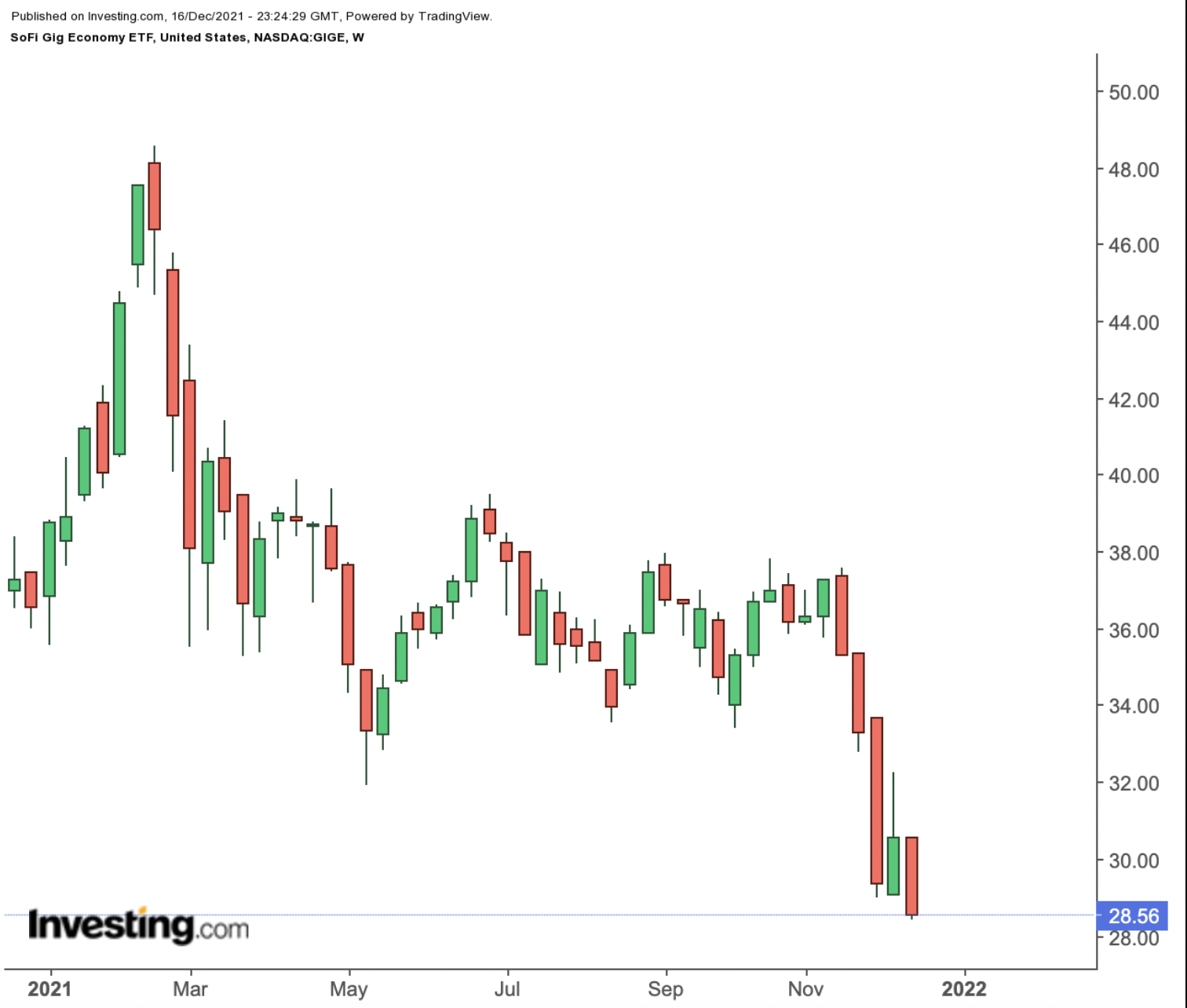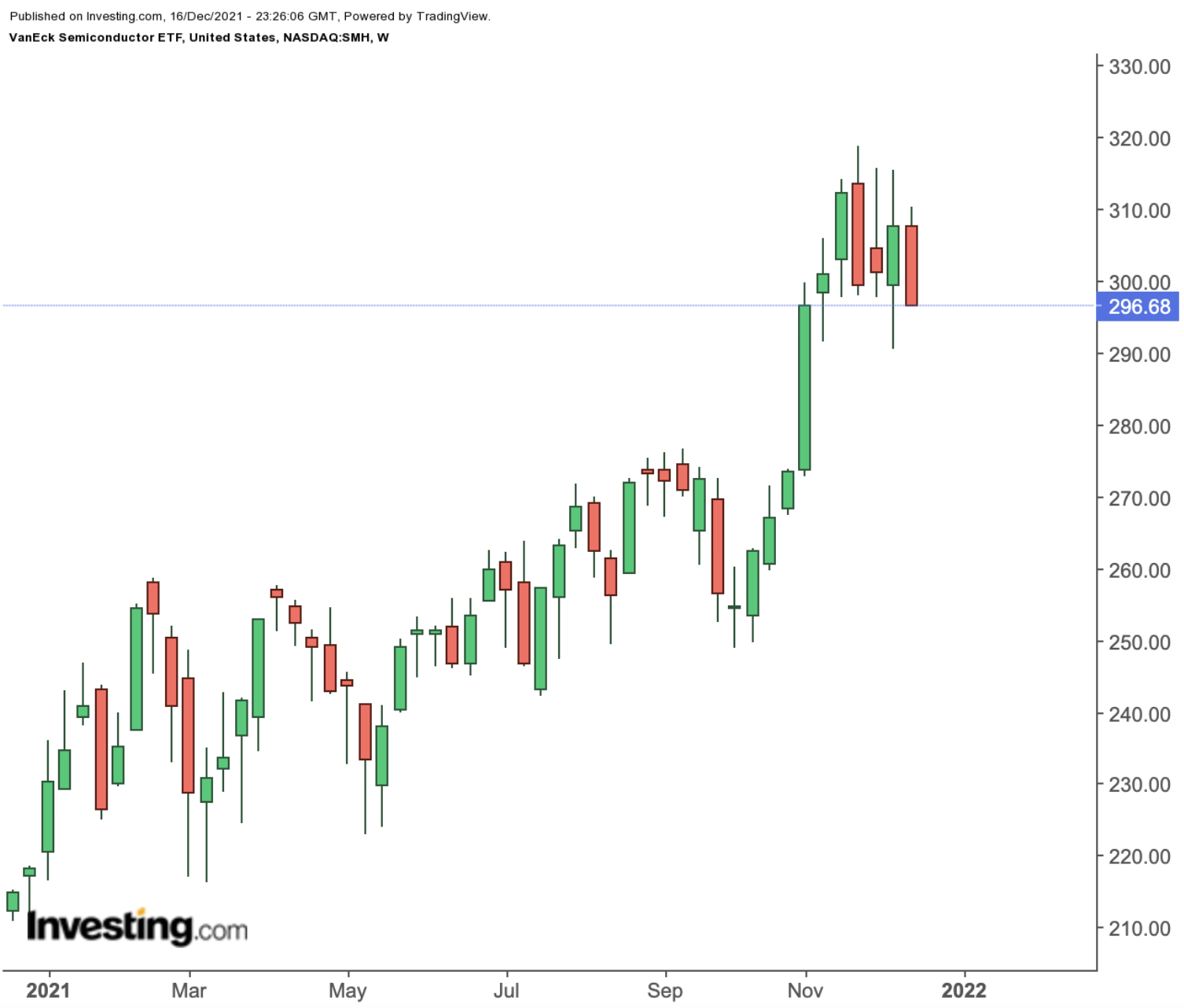COVID-19 has brought significant changes to how hundreds of millions of global citizens live, work and study. One phenomenon that has attracted much attention is the “Great Resignation,” a term used to refer to the large number of people, especially in the US, who are quitting their jobs.
According to recent numbers from the US Bureau of Labor Statistics, 2.8% of the workforce in the United States resigned in October. Similarly, in the U.K., metrics suggest that about a fourth of workers are planning to change jobs in the near future. Germany is also seeing people who are taking “the plunge and leave their jobs without a plan B.”
Understandably, there are always people who quit their jobs for various reasons. However, 2021 has witnessed a trend whereby record numbers of individuals are changing “jobs at an accelerated rate in the hunt for better salaries, benefits or work-life balance.”
It is hard to know whether the Great Resignation will continue in 2022. If it does, we can expect many who quit their jobs to explore other career options. Therefore, today we introduce two exchange-traded funds (ETFs) that could benefit if this trend grows in the coming months.
1. SoFi Gig Economy ETF
- Current Price: $28.56
- 52-Week Range: $28.37 – $48.58
- Dividend Yield: 0.42%
- Expense Ratio: 0.59% per year
An important consequence of the Great Resignation is likely to be the growth of the gig economy, which “refers to the use of independent contractors, freelancers, contract-firm workers and other temporary workers. Typically, gig workers connect with clients or customers through an online platform.”
Metrics suggest that the global gig economy is currently worth around $350 billion. “In the US, 44% of gig workers considered freelancing to be their primary source of income, with 60% of workers engaging in freelancing activities at least weekly.”
The SoFi Gig Economy ETF (NASDAQ:GIGE) gives access to firms that are at the centre of the gig economy. It started trading in May 2019.

GIGE is an actively-managed fund with 74 holdings. The top 10 names make up about a third of net assets of $23.9 million. In other words, it is a small fund.
More than half the names come from the US. Next in line are firms from China (17.0%), Israel (6.2%), Canada (6.1%) and Singapore (4.3%). In terms of sectors, we see communications (55.9%), technology (24.5%), consumer non-cyclical (12.0%) and financial (3.4%) shares.
Leading holdings include gaming platform Roblox (NYSE:RBLX), which is making headlines as a metaverse name; e-commerce giant Shopify (TSX:SHOP) (NYSE:SHOP); work management platform Monday.com (NASDAQ:MNDY), short-term home rental platform Airbnb (NASDAQ:ABNB) and freelance talent marketplace Upwork (NASDAQ:UPWK).
So far this year, GIGE is down 19.8%. After seeing a record high in mid-February, the ETF has lost about 40% of its value. Interested readers could consider investing around these levels.
2. VanEck Semiconductor ETF
- Current Price: $296.68
- 52-Week Range: $210.41 – $318.82
- Dividend Yield: 0.49%
- Expense Ratio: 0.35% per year
COVID-19 has increased the pace of digitalization, a trend that will likely continue as the gig economy grows. Therefore, the semiconductor sector could be a beneficiary of the Great Resignation.
Last year, the global semiconductor industry was worth more than $425 billion. Analysts expect it to reach $800 billion in 2028, showing a compound annual growth rate (CAGR) of over 8.5%.
The VanEck Semiconductor ETF (NASDAQ:SMH) invests in chip companies. The fund was listed in December 2011.

SMH, which has 25 holdings, tracks the MVIS US Listed Semiconductor 25 Index. The leading 10 names account for more than two-thirds of net assets of $7.6 billion, making it a top-heavy fund.
NVIDIA (NASDAQ:NVDA), Taiwan Semiconductor Manufacturing (NYSE:TSM), ASML (NASDAQ:ASML), Advanced Micro Devices (NASDAQ:AMD), Qualcomm (NASDAQ:QCOM) and Micron Technology (NASDAQ:MU) are among the top names in the ETF.
The fund returned 39.9% in 2021, and saw an all-time high on Nov. 22. Since then, SMH has lost about 4.5%. Despite the recent run-up in price, we are bullish on chip shares, and would consider investing in an ETF that focuses on the industry.
